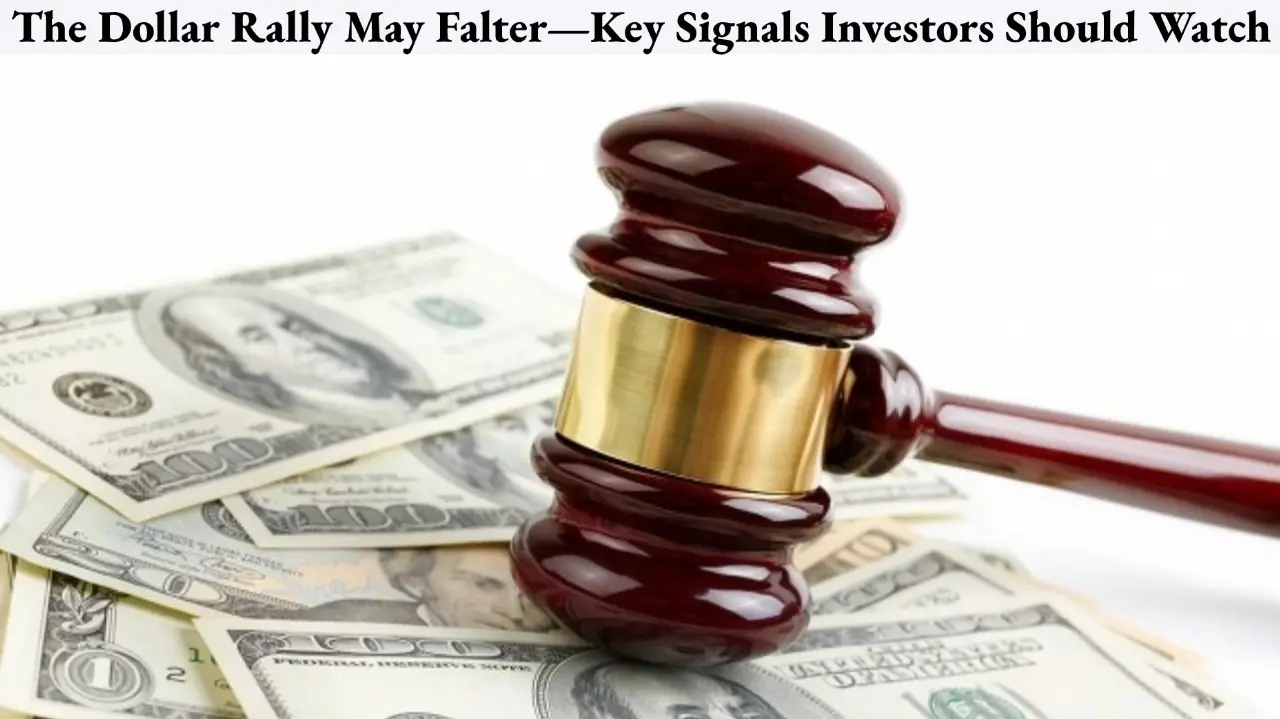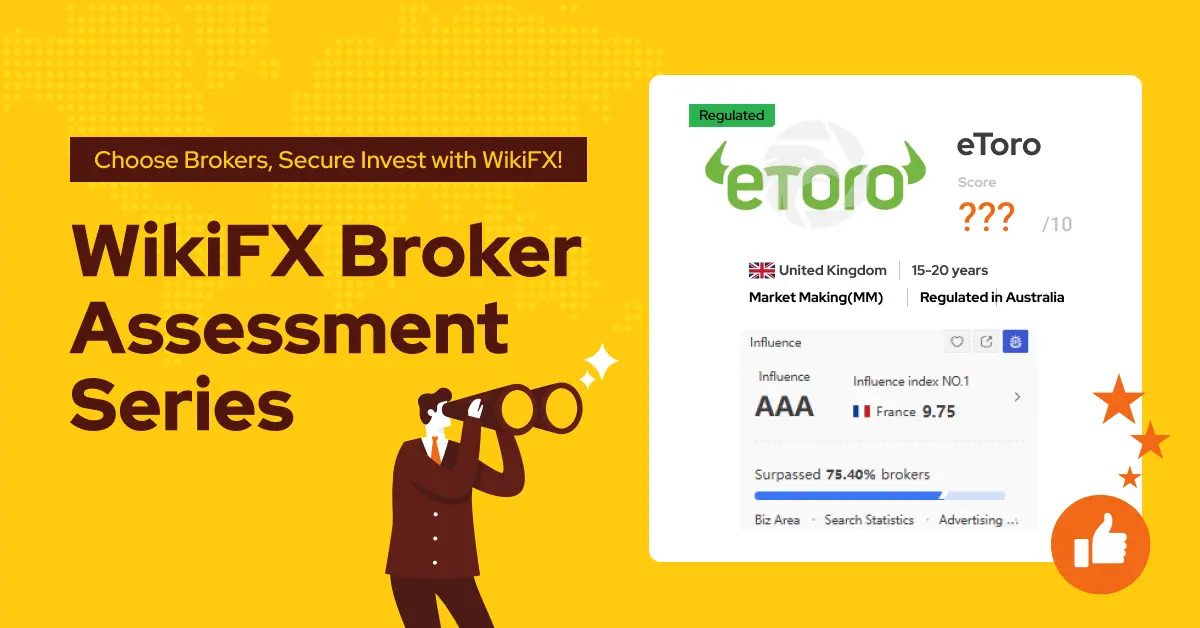The Forces That Move Markets & How to Read Them
Abstract:The financial markets are always moving, reacting to news, data, and changes in how people feel about the economy. Understanding what causes these changes is important for anyone involved in trading or investing

The financial markets are always moving, reacting to news, data, and changes in how people feel about the economy. Understanding what causes these changes is important for anyone involved in trading or investing.

One of the main reasons markets move is the flow of money from one place to another. This movement, known as capital flow, can be caused by real economic needs, such as companies buying foreign assets or investors looking to protect their money. But just as often, it's peoples expectations about the future that drive market prices. What traders think will happen can be just as powerful as what is actually happening.
A country‘s Gross Domestic Product, or GDP, is one important factor. GDP shows how much a country’s economy is growing or shrinking. When GDP is strong, it usually means the economy is healthy, which can make investors feel confident and more likely to buy that countrys currency or stocks.
Interest rates are another key part of market movement. Central banks, like the Bank of England or the U.S. Federal Reserve, set these rates to help control inflation and support the economy. Higher interest rates often strengthen a countrys currency because they offer investors better returns.
Employment data also plays a big role. The number of people with jobs, or the unemployment rate, can show how strong or weak an economy is. In the United States, for example, the release of the Non-Farm Payroll report each month often causes a lot of market activity. If the report is very different from what people expected, markets can move sharply in a short period of time.
Trade balances are also important. This means the difference between what a country exports and imports. If a country sells more goods than it buys, it usually has a trade surplus, which can strengthen its currency. On the other hand, a trade deficit might suggest economic trouble ahead.
Inflation is another major factor. When prices rise too quickly, it can hurt consumer spending and business investment. Central banks often raise interest rates to try to slow inflation, and this can also affect the value of currencies and stocks.
Unexpected events, like wars, natural disasters, or political problems, can also shake the markets. These situations often create uncertainty, which makes investors more careful. In these times, many people move their money to safer investments, like gold or government bonds.
To stay informed, traders often use an economic calendar. This tool shows upcoming news and data releases that might affect the markets. Knowing when these events will happen helps traders prepare for possible price changes.
Some traders focus on news trading, where they make decisions before or after important news comes out. If the actual data is very different from what the market expected, prices can move quickly. Others avoid trading during news events because of the risk of sudden changes.
Finally, market sentiment refers to how people feel about the market, also has a big impact. Even if the data is solid, fear or excitement can lead to big swings in prices. Learning to read market sentiment helps traders better understand what might happen next.
In the end, financial markets are shaped by a mix of real facts and human emotions. By keeping track of key economic events and understanding how people react to them, traders can make better decisions and reduce risk.

Read more

The Dollar Rally May Falter—Key Signals Investors Should Watch
The recent performance of the U.S. Dollar Index (DXY) in global forex markets has revealed a noticeable divergence.

Interactive Brokers Adds Ping An of China ETF to No-Fee Program
Interactive Brokers now includes Ping An of China CSI HK Dividend ETF in its no-transaction-fee program, offering investors low-cost access to Hong Kong’s top dividend-paying stocks.

eToro Broker Review: Something You Need to Know
As a reputable broker that has offered services for decades, eToro has played a significant role in the industry. However, it doesn’t mean it suits every trader. Besides, WikiFX has recently received more than 40 complaints against a broker called eToro. In today’s article, we will offer you a comprehensive review of this broker so that you can have a close overall look at eToro.

Judge Reviews Sanctions Against CFTC in My Forex Funds Fraud Case
A New Jersey judge reviews sanctions against the CFTC after a special master accused the agency of bad faith in its fraud case against My Forex Funds and CEO Kazmi.
WikiFX Broker
Latest News
eToro Broker Review: Something You Need to Know
RM4.8 Million Gigamax Scandal: Investors Still Waiting for Answers
WikiFX “Elite’s View on the Challenge: Dialogue with Global Investment Leaders” Concludes Successful
Plus500 Review 2025: Trusted CFD Broker with Top Features Unveiled
All About BotBro: Unregulated Forex Scam Costs Investors Millions
NCC Bank Review: Expanding Services Amid Regulatory Concerns
BaFin Issues Series of Warnings Against Unlicensed Financial Websites Exploiting German Consumers
Plus500 Q1 2025: Strong Growth Amid Trade War, Mehta Acquisition
Judge Reviews Sanctions Against CFTC in My Forex Funds Fraud Case
Spain Cracks Down on €20 Million Crypto Laundering Network Linked to Organized Crime
Rate Calc
